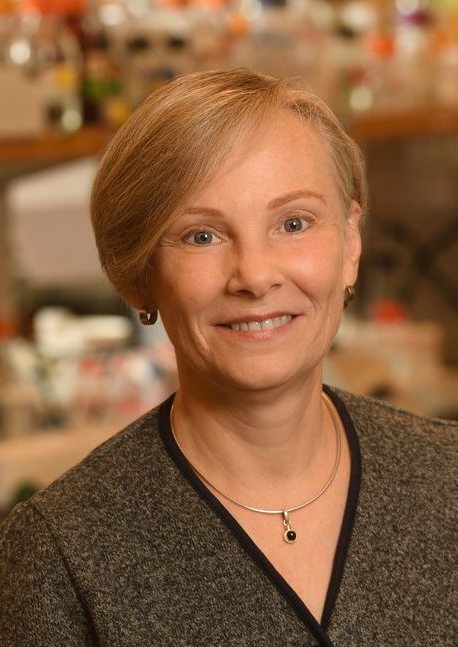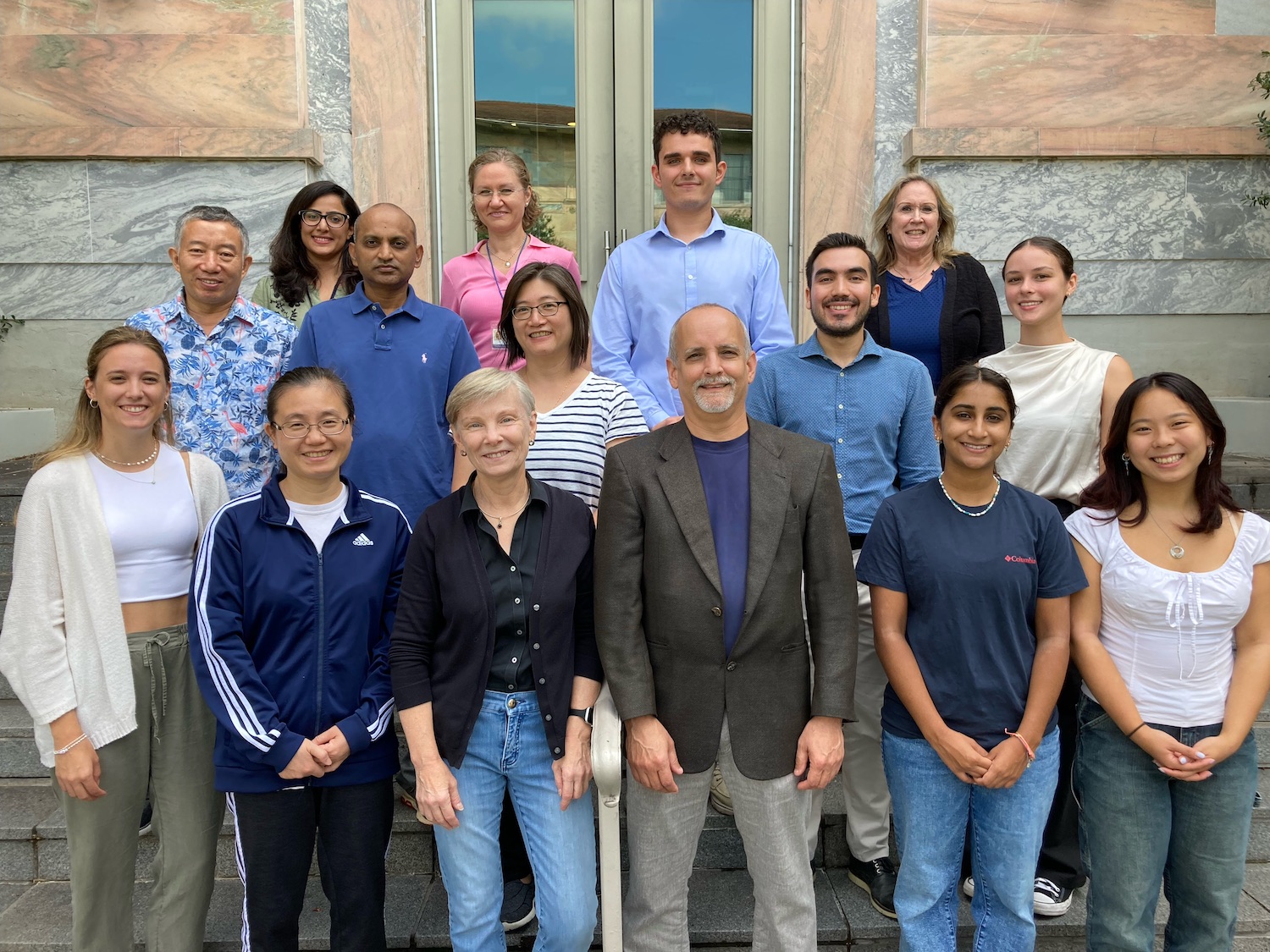Dr. Ellen Hess

Ellen J. Hess, Ph.D. is a Professor in the Departments of Pharmacology and Chemical Biology and Neurology at Emory University School of Medicine. In collaboration with Dr. H.A. Jinnah, Professor of Neurology, Dr. Hess’ research focuses on understanding the neurobiological basis of movement disorders including dystonia. Through generous funding from the NIH, Department of Defense and numerous private foundations, her work has been instrumental in localizing brain regions involved in dystonia, identifying chemical substrates of dystonia and establishing the idea that dystonia is a network disorder. In addition, Dr. Hess has partnered with both pharmaceutical companies and academic collaborators to identify novel therapeutics for dystonia. Her research is currently focused on understanding why movement disorders appear different in men and women with the goal of identifying personalized approaches for the treatment of neurological disorders. Dr. Hess has published over 100 scientific papers, chaired numerous scientific review panels and is invited to speak on her work throughout the world.

Dr. Hess received her B.A. in Psychobiology from Wellesley College and her Ph.D. in Neuroscience from University of California at San Diego where she worked with Dr. Ian Creese studying dopamine receptor-mediated signal transduction. She then performed her postdoctoral training at The Scripps Research Institute with Dr. Michael Wilson where she studied the mechanisms of neurotransmitter release. Before joining the faculty at Emory University in 2008, she was a Professor of Neurology at Johns Hopkins University School of Medicine.
Dr. Hess is highly engaged in training the next generation of scientists. She is a member of both the Molecular and Systems Pharmacology and the Neuroscience Graduate Programs and is the immediate past Director of the Neuroscience Graduate Program. Her predoctoral trainees have gone on to tenure track academics positions, Program Director positions at the NIH, and journal editors, to name a few. In addition, she has trained numerous postdoctoral fellows, medical students, and undergraduates.

